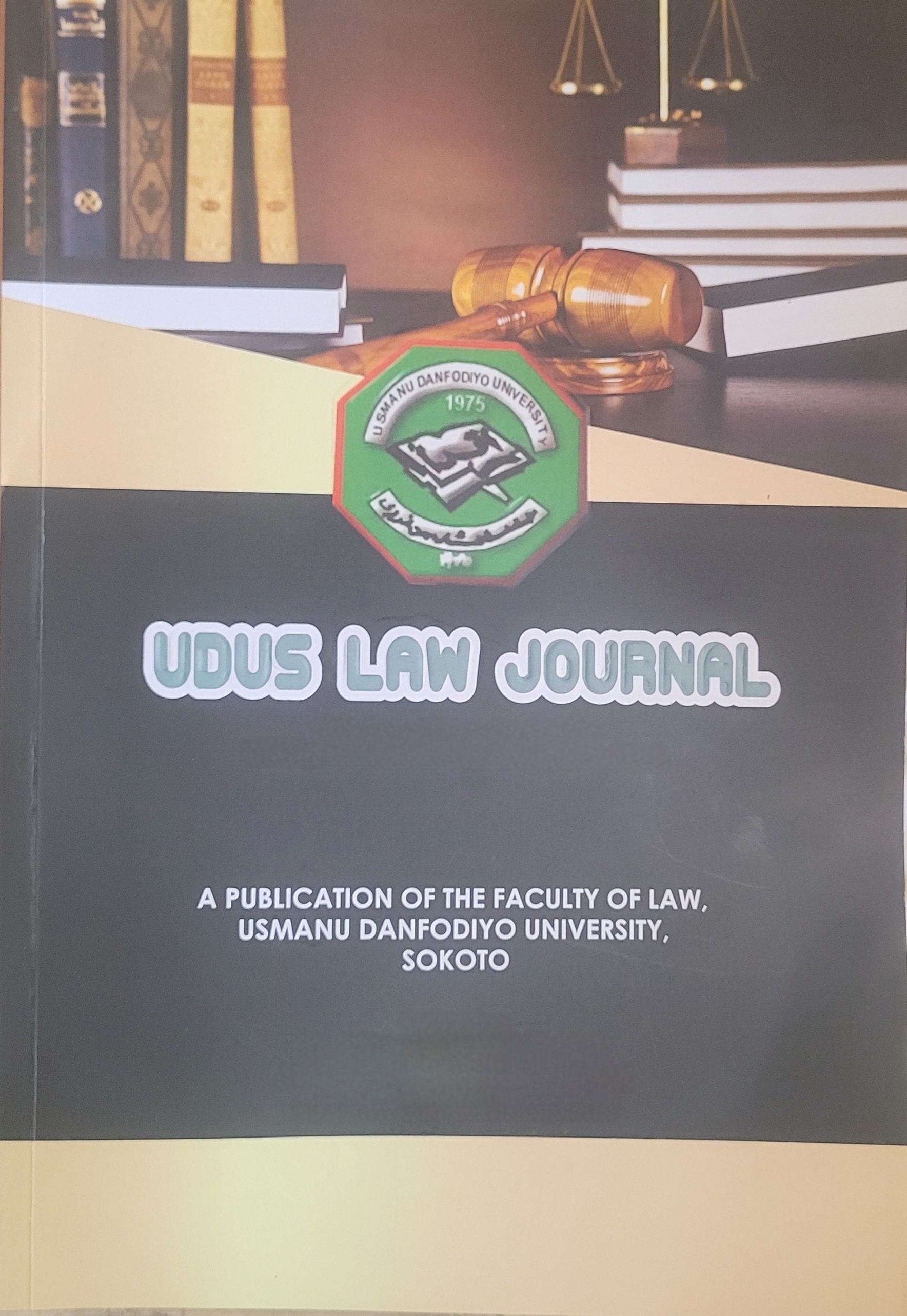Abstract
Modern agricultural practices can be described by environmentalists as a serious threat to the environment with linked consequences such as excessive soil erosion, loss of prime farmland to urban uses, draining of wetlands, conversion of fragile lands to farmland, water pollution from pesticides, fertilizers, and animal wastes, destruction of wildlife habitat loss of endangered species, genetic diversity and air pollution. This paper focuses on discovering the impact of agricultural practices on the environment and ways to achieve sustainable development through the use of legal instrument in addressing unsustainable agricultural practices on the environment. In achieving this aim, the paper adopted the doctrinal analytical style in highlighting the shortfalls of unsustainable agricultural practices and preferring cogent solutions. This paper found out that the negative impacts of agricultural practices post-civilization are enormous pointing categorically to the fact that laws are not properly adhered to, when carrying out agricultural practices. DDT Chemicals and other deadly substances which have been banned are still smuggled into the country and used by farmers. In conclusion, there should be a balance between agricultural practices, sustainable development, and environmental protection. It is therefore recommended that major agricultural problems and threats to the environment identified and curtailed for sustainable development and environmental protection. National and international laws regulating the agricultural sector should be adhered to by farmers and the appropriate punishment meted out to defaulters as provided for by the laws.



 National Library of Nigeria
National Library of Nigeria.jpg) Association of Nigerian Authors
Association of Nigerian Authors Nigerian Library Association
Nigerian Library Association EagleScan
EagleScan Crossref
Crossref